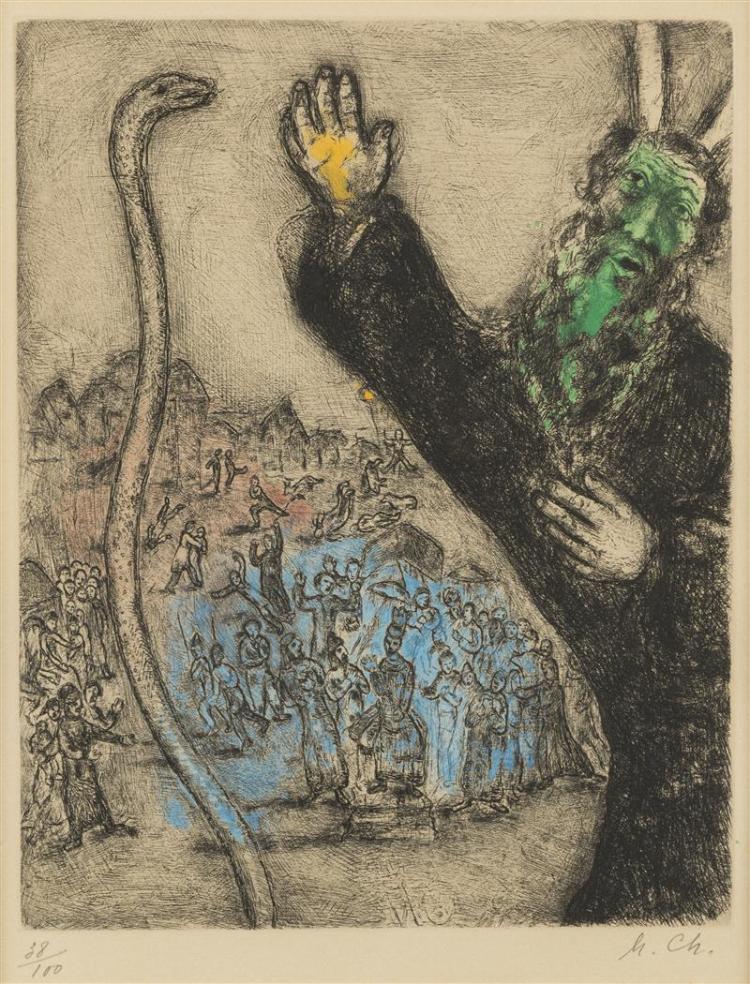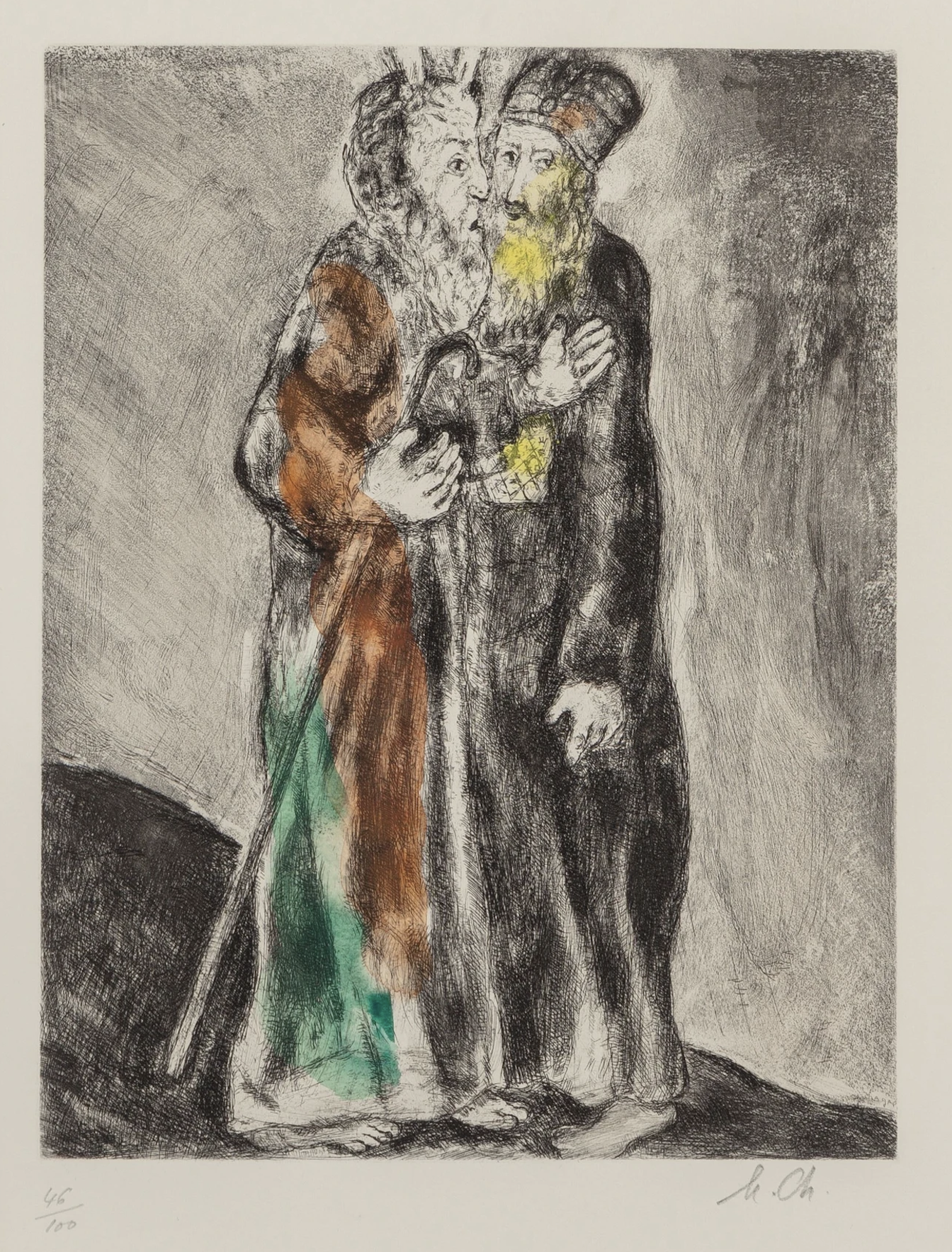Torah Study Date
Saturday, April 8, 2023
Verses Covered
Exodus (Sh’mot) 5:19-6:5
Next Session
Saturday, April 15, 2023
Starting at Exodus 6:6
Last week we continued discussing Pharaoh increasing the Israelites’ work. We discussed how the Israelite officers/overseers complain to Moses and Aaron about the Israelites having to make the same number of bricks each day even though they have to gather the straw themselves; we compared that to current-day laborers who are asked to produce the same amount with less in the same time. (Previously, we had compared the officers to the capos in Nazi Germany since the officers are Israelites but are required to take a leadership role over other Israelites for Pharaoh.) We noted the strength of the Israelites’ concern about Moses and Aaron as evidenced in their saying that they had “made our smell odious in pharaoh’s eyes and in his servants’ eyes” as well as expressing the view that Moses and Aaron had given Pharaoh and his servants a sword with which to kill the Israelites. We also noted the strangeness of saying a smell is odious in someone’s eyes.
We compared the Israelites to a person in an abusive relationship who thinks he or she will never get out of it. That led to a discussion of the psychological and spiritual aspects of the story. We discussed why YHVH finally had noticed the Israelites (earlier in the story) and some thought it was because they had cried out to YHVH, showing that they were ready to make a real effort to change. Before they cried out, perhaps they were not ready. We also discussed the interpretation that YHVH had not been able to respond until the Pharaoh died and Moses, his avatar, was in Egypt. We discussed how to put the two interpretations together and considered the idea that the latter interpretation would make sense at the time of Torah’s composition since gods then were local gods and the latter might appeal in different times. The two interpretations do not conflict, on this account, but add to the richness of Torah.
We discussed Moses asking YHVH why he had done bad to the Israelites and why YHVH sent Moses there at all given that since Moses had spoken Pharaoh’s name, Pharaoh had done bad to the Israelites and YHVH had not rescued/delivered/redeemed them. We compared Moses and Aaron to labor leaders whose members get discouraged when a strike goes on too long and starts affecting the strikers in negative ways. We noted that Moses seems to overlook the fact that YHVH had told him previously that Pharaoh would not respond immediately. We also noted that Moses is not shy about taking his concerns to YHVH when things are not going well. We also noted that the redemption/rescue/delivery discussed is a historical delivery (not a Christian spiritual one or one that takes place after we die) and talked about how terms such as “redemption” have Christian overtones in our culture). We noted how YHVH reminds Moses that with a strong hand, Pharaoh will let them go and will even drive them out.
We discussed YHVH reminding Moses that he appeared to Abraham, Isaac, and Jacob as El Shaddai not as YHVH noting that this is not entirely accurate since he was known to them by that name (Gen. 13:4, 15:2, 22:14, 16; 26:22, 25; 28:13). We discussed two ways of accounting for the discrepancy, either assuming a compilation of sources that are not quite in sync or thinking that the point is that in this covenant with Moses, God’s name is YHVH (while in the covenant with Abraham, it was El Shaddai and in the Noahic covenant it was Elohim). We also noted that, in order to calm Moses and give him a different perspective, YHVH is returning to the larger picture of what is going on, for example, by reminding Moses that YHVH is remembering his covenant because he had heard the Israelites crying out to him. This is only a small part of what we discussed, believe it or not, but includes many of our most important points.
Our artwork this week is more from Russian-Jewish artist, Marc Chagall (1887-1985), Moses and the Serpent (above), and Moses and Aaron (below). Above, Moses’ rod has turned into a serpent before Pharaoh while below it is a cane again when he is with Aaron. Michael Ayrton, British painter, says, “Chagall has contrived during his painting life to convey tragedy, nostalgia, passion, satire, humor, and an uncloying sweetness of sentiment as gentle as the young spring wind.”


